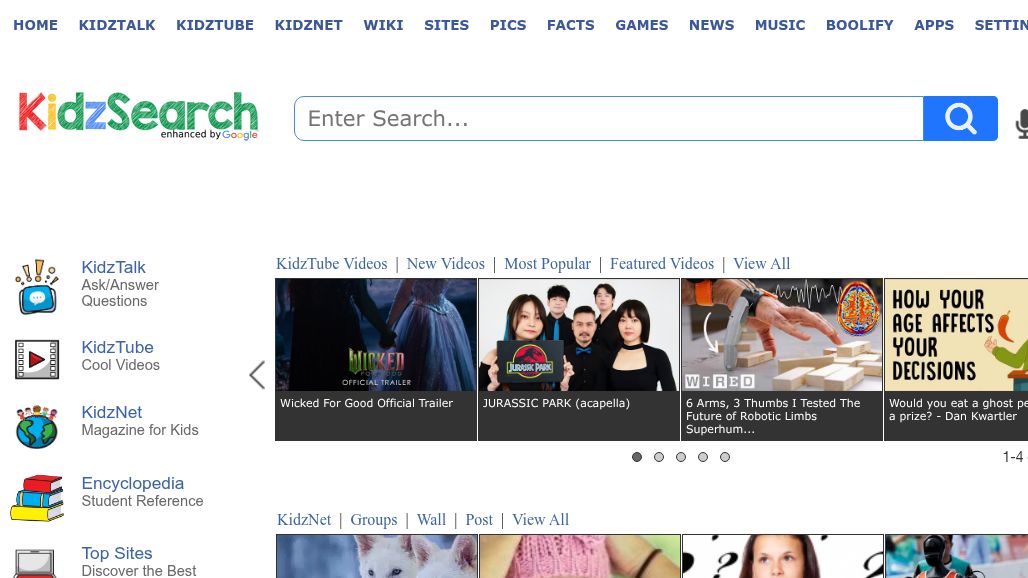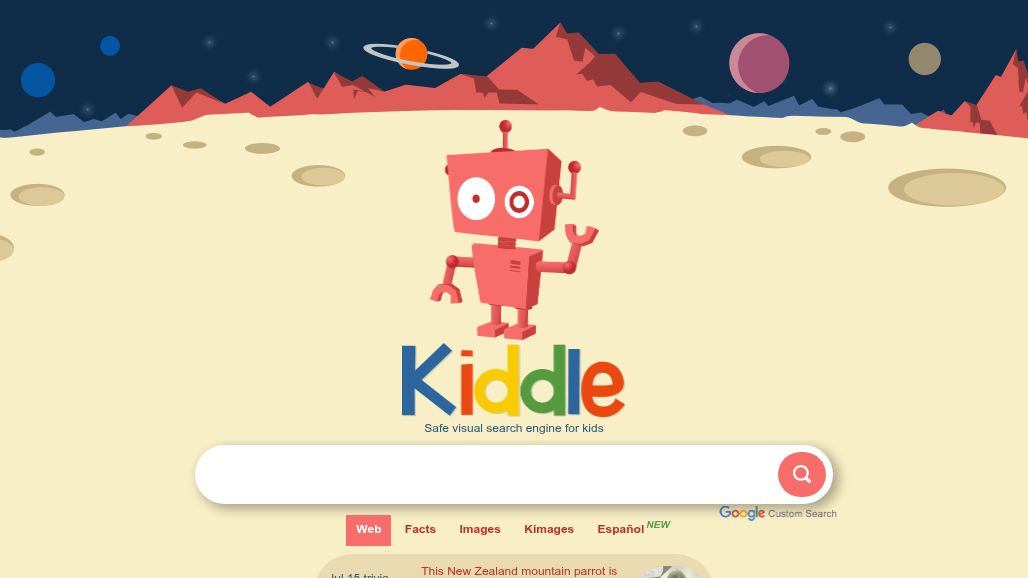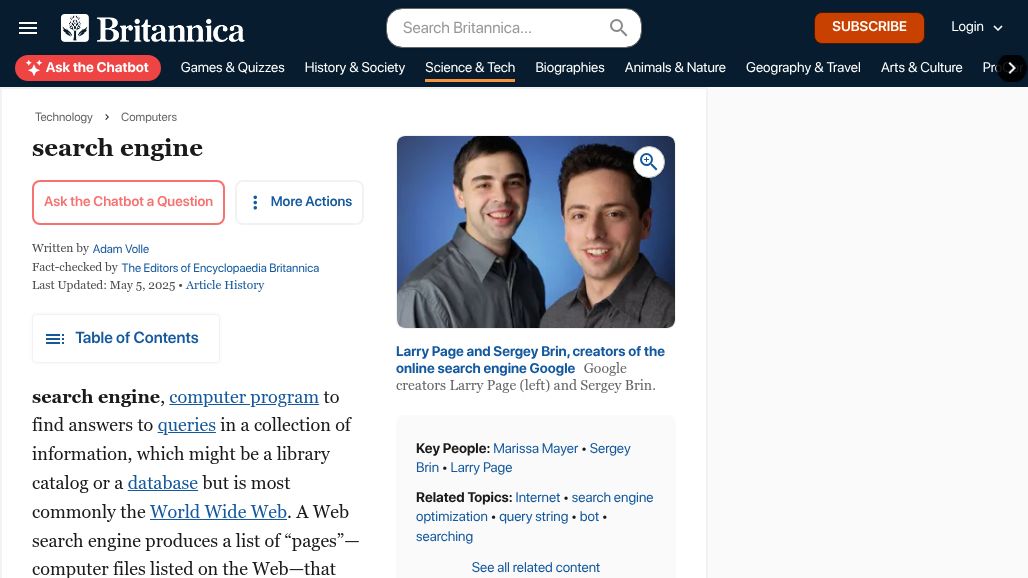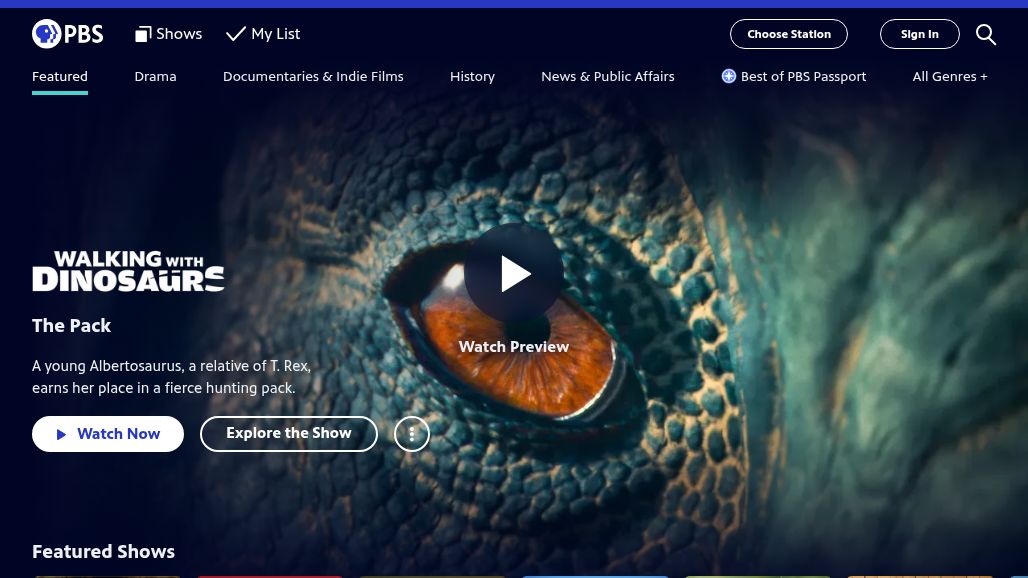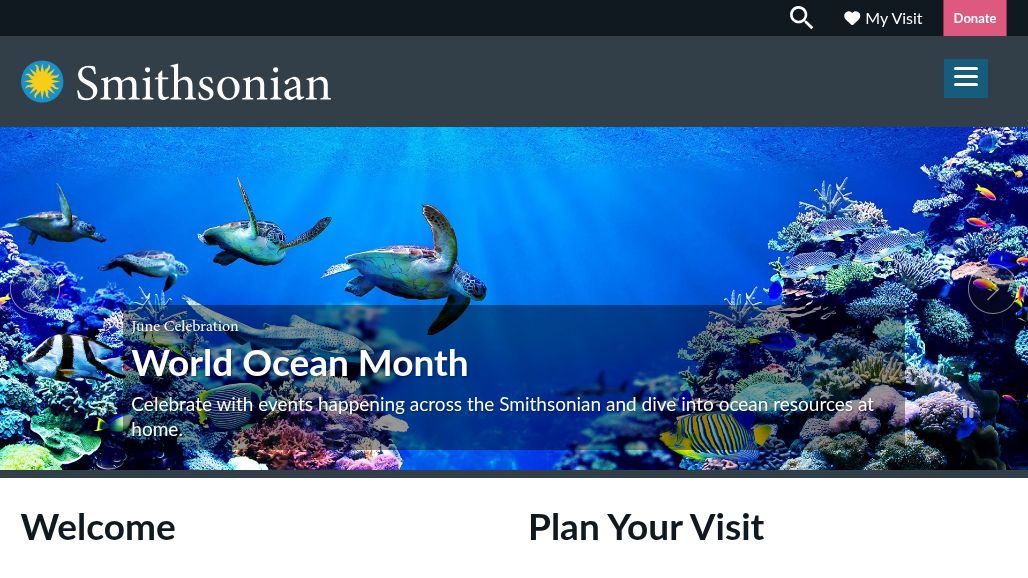Here are some options you can use to make searching safer on your school computers.
Most search services will block inappropriate content when using their safe search feature, but their methods are not foolproof.
Be prepared for that conversation when a student stumbles upon or shares inappropriate material.

